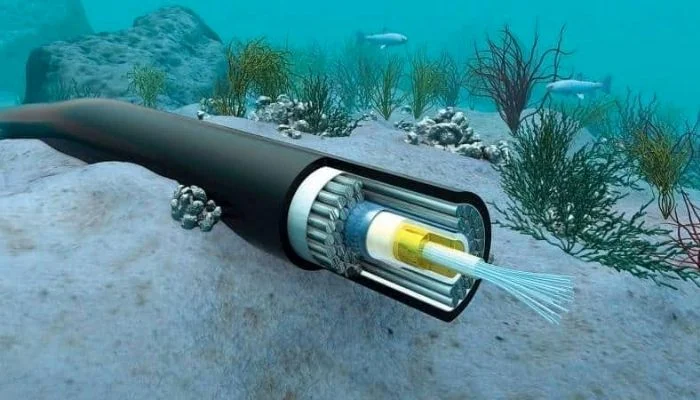On March 18, 2022, Togo President Faure Gnassingbé inaugurated the Equiano subsea cable at the port of Lomé, marking the first landing of its kind in Africa.
The cable, stretching from Portugal to West Africa, is part of Google’s $1 billion initiative to enhance digital infrastructure across the continent.
Named after Nigerian-born abolitionist Olaudah Equiano, the cable promises to double internet speeds for Togo’s 8 million residents and is expected to connect Nigeria, Namibia, and South Africa, with potential branches to neighboring countries.
Operations are slated to begin by the end of 2022, according to a joint statement from Google and the Togolese government.
Bridging the Digital Divide
Sub-Saharan Africa, the world’s least-connected region, has only 26% mobile broadband coverage compared to 93% globally, per a 2020 GSMA Intelligence report.
West African countries, including Togo, rank among the lowest in global internet penetration, with Togo’s rate rising from 7% in 2017 to 20% in 2020, per World Bank data. High data costs—averaging $4.69 per gigabyte in Togo—limit access.
The Equiano cable is projected to cut internet prices by 14% by 2025, create 37,000 indirect jobs, and boost Togo’s GDP by $193 million, according to an Africa Practice and Genesis Analytics assessment commissioned by Google.
Togo’s Digital Ambitions
Togo, the first West African nation to launch a 5G network in 2020, has prioritized digital growth. The Equiano cable aligns with these efforts, promising high-speed, affordable internet to millions.
The cable’s 144 terabits-per-second capacity dwarfs existing infrastructure like the West Africa Cable System (WACS), enhancing connectivity to Europe via Portugal.
This follows Google’s 2019 Dunant cable and Meta’s 2Africa project, reflecting a regional push for digital transformation.
Civil society groups praised the initiative, with hopes it will improve education and economic opportunities, though concerns persist over telecom firms’ data privacy practices compared to European standards.
Broader Context
The cable’s arrival comes amid global challenges, including the DRC’s deadly train derailment and Uganda’s crackdown on journalists.
In Africa, initiatives like Ghana’s plastic recycling houses and Benin’s water hyacinth innovations highlight regional innovation.
Posts on X in 2022 celebrated Togo’s digital leap, with users noting its potential to rival East Africa’s tech hubs like Kenya.
By 2025, the cable’s impact in Nigeria, where it landed in Lagos, showed a 20% internet speed increase, per TechCabal.
However, equitable access remains a challenge, with rural areas still underserved, underscoring the need for last-mile infrastructure investments.






